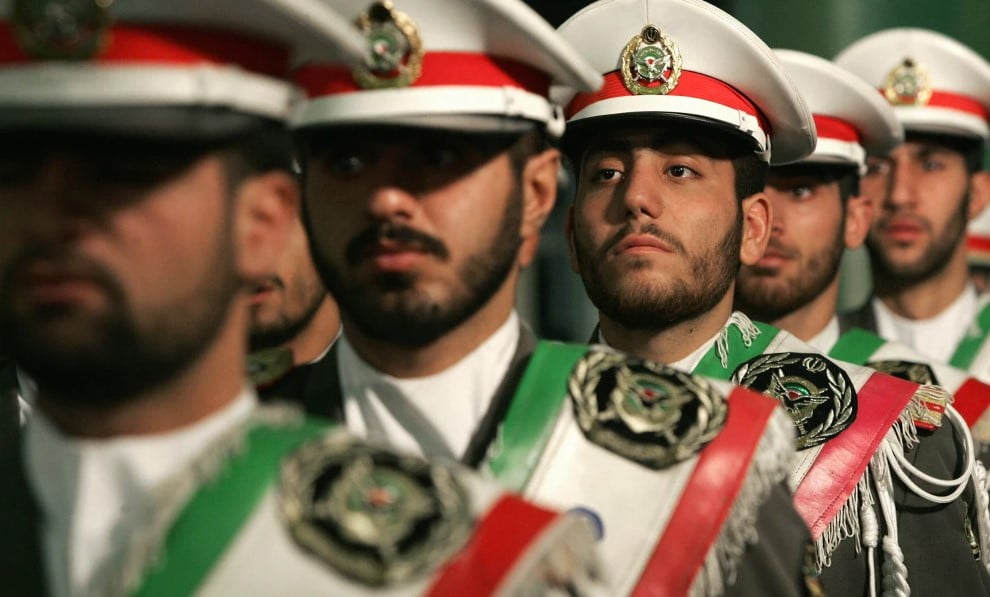Over the last few weeks, diplomats have shifted from saying the revival of the Iran Revolutionary Guards nuclear deal was coming in a matter of days to admitting it was entirely uncertain whether it would go through at all.
Negotiations in Vienna began nearly a year ago, but time is of the essence from the West’s perspective: In less than a month, Iran could possess uranium capable of making a nuclear bomb. But sensing its advantage, Iran has been engaging in last-minute haggling.
After then-U.S. President Donald Trump unilaterally withdrew from the agreement in 2018, Iran began enriching uranium to 60 percent, close to the 90 percent threshold required for nuclear weapons.
Iran has now agreed to dial back its uranium enrichment to 3.67 percent, as established in the original deal. Revolutionary Guards
Iran had demanded in turn that the United States formally state that future U.S. governments will abide by the deal, but that request was summarily denied. Iranians had been feeling nervous about the longevity of the deal given Republican opposition; former Vice President Mike Pence has said a revived deal would be ripped apart by Republicans if and when they return to the White House.
Iran, however, has reportedly been put at ease by an apparent agreement that would allow it to avoid completely destroying its advanced centrifuges (although it’s not yet clear whether Iran would merely disconnect these centrifuges or dismantle them and send them to a third country for safekeeping).
Everything seemed settled—almost everything. But then Iran threw a spanner in the works by demanding it wouldn’t budge until that the United States agreed to remove the Islamic Revolutionary Guard Corps (IRGC) from the State Department’s Foreign Terrorist Organization (FTO) list.
There’s plenty of reason to be irritated by Iran’s diplomatic hardball—but given the delicate context, this is a concession the United States should be prepared to make.
Iran had originally insisted that non-nuclear issues should not be included in talks intended to revive a nuclear deal.

